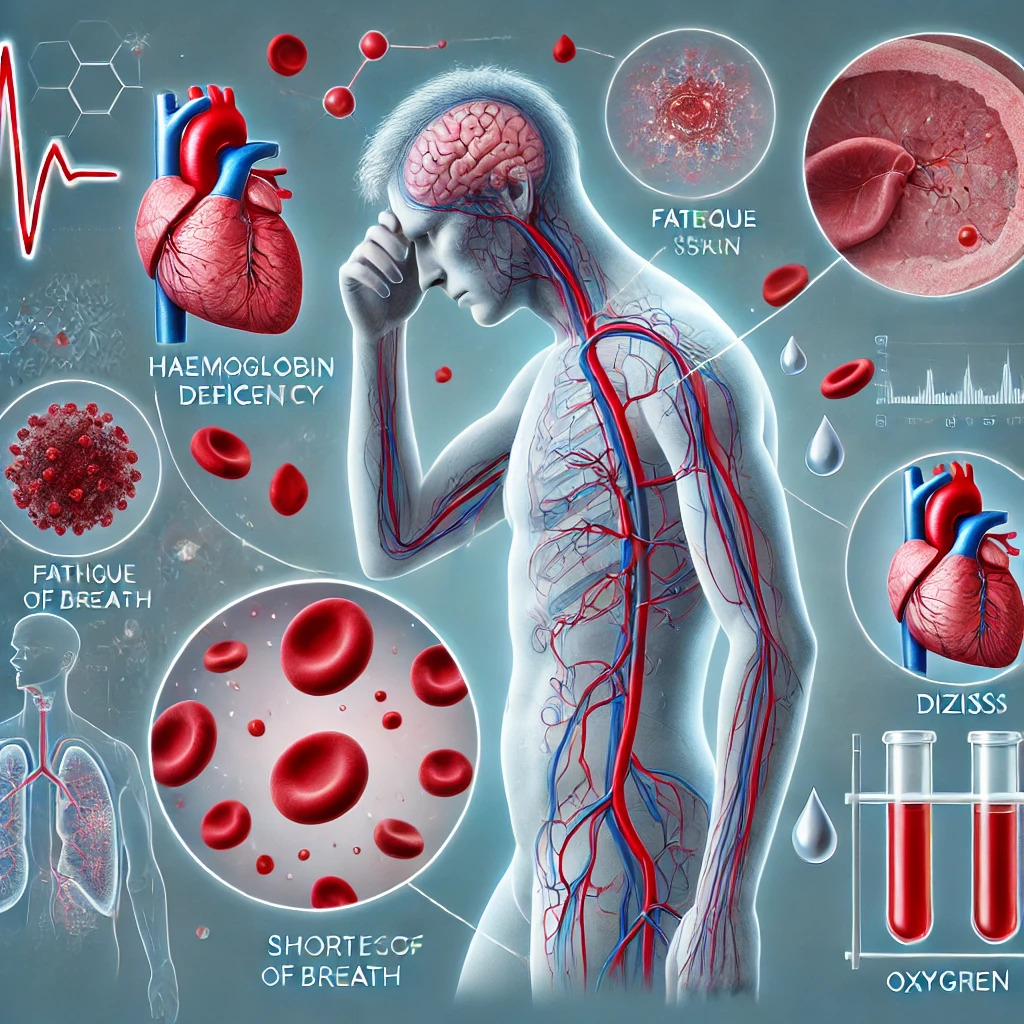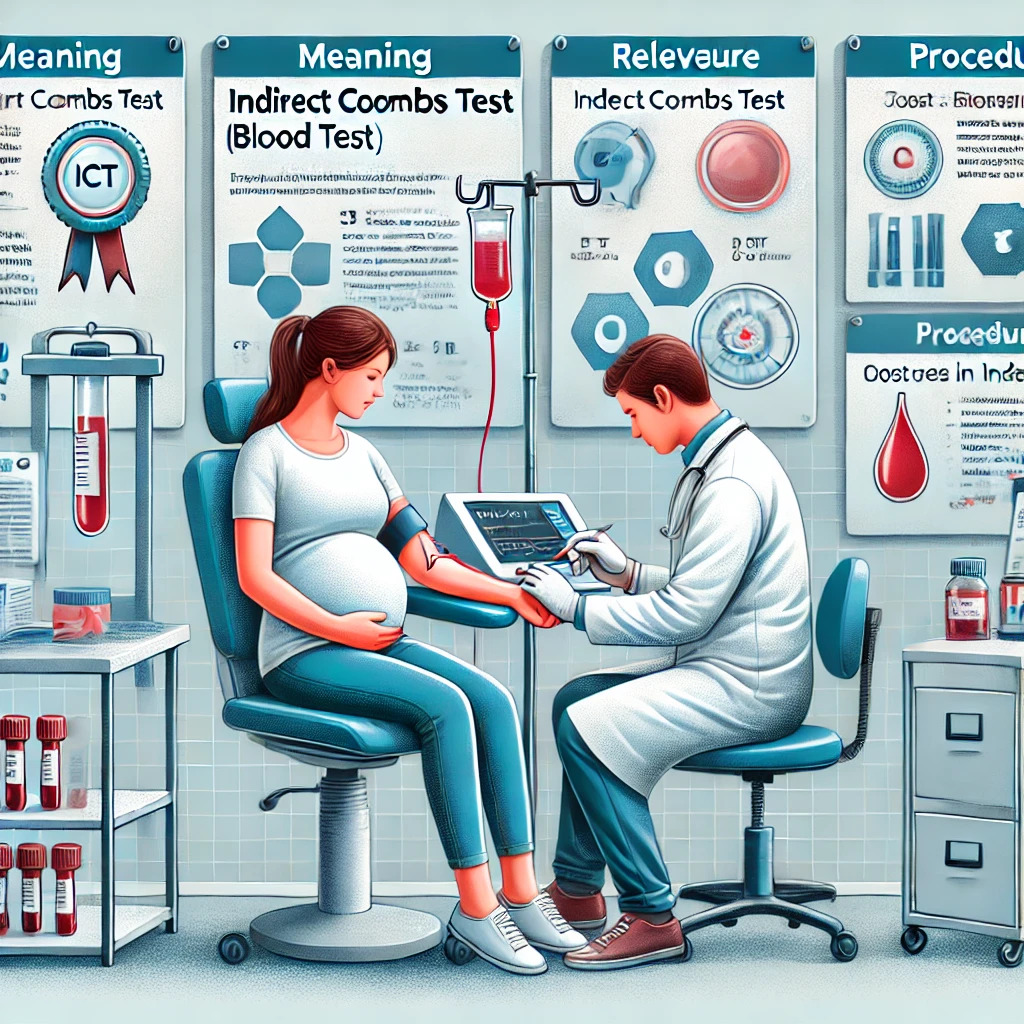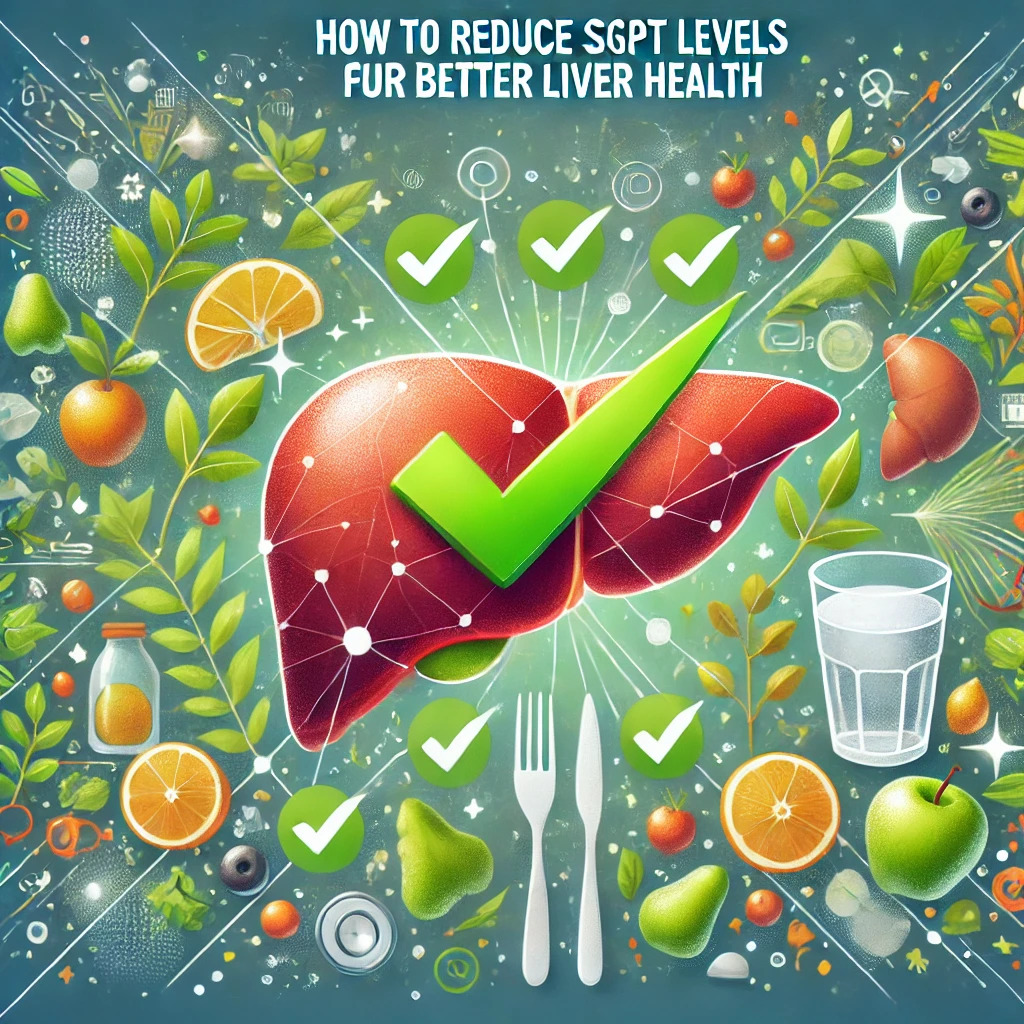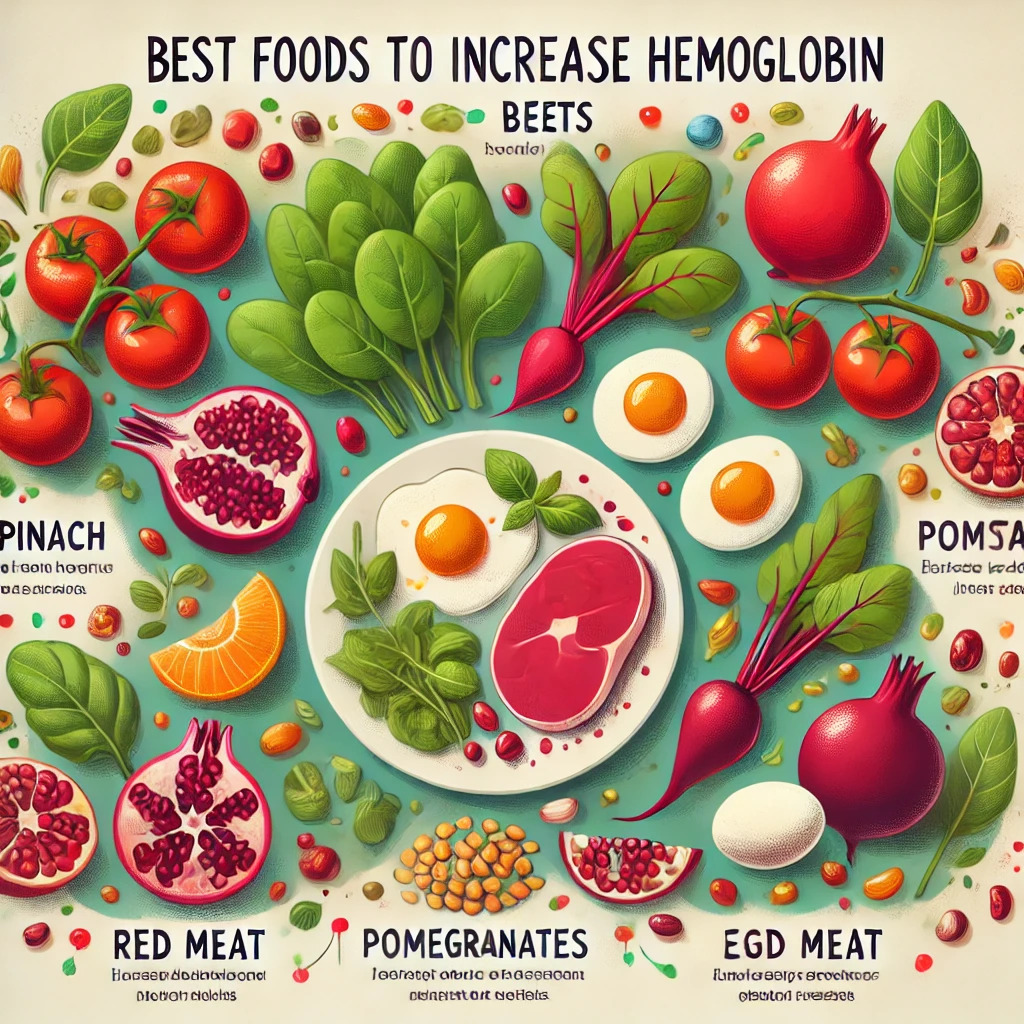Which Acid and Why Does the Stomach Produce It?

Our stomach produces acid, which has a huge role in our health and nutrition. What would you answer if asked to name the acid in your stomach?
Do you know why our stomach produces this acid? Many of you must have suffered from digestive problems like GERD, acid reflux, heartburn, indigestion, etc. Some people suffer from another condition where stomach acid is decreased, and they have difficulty digesting some foods.
Our digestion has suffered the brunt of modern lifestyle and is connected to many other diseases. This is why you must know which acid is produced in our stomach, its role in our body, and how several conditions affect it. This blog will give you all your answers.
Why does the stomach produce acid?
Our digestive system is complex and provides us with nutrition from our food. Some parts are also involved in providing immunity, and some features also prevent infections. The gastric juice in the stomach has some hydrochloric acid (HCL). Along with HCL, it also has enzymes like lipase and pepsin, which help to digest food, potassium chloride, sodium chloride, etc. The stomach lining is protected from this gastric juice by a layer of mucosa.
This gastric juice, apart from breaking down food to help in digestion and helping absorb nutrients, is also the first line of defense that protects our bodies by inhibiting microorganisms due to its pH, which can be around 1.5 to 3.5.
This pH level helps absorb nutrients, break down food, and inactivate pathogens. So now you know that the acid produced naturally in your stomach is hydrochloric acid or HCL. You also see why the stomach has acid.
Changes in stomach acid pH
Throughout the day, there are some minor changes in the pH levels of our gastric juice as we eat, drink fluids, etc. But, stress, medications, or digestive issues can sometimes interfere with stomach acid production. In such cases, our bodies may produce less or more HCL, which can significantly affect the pH level and cause problems.
Low stomach acid for a prolonged period is called hypochlorhydria. As less acid is produced, our digestion becomes weaker. We cannot absorb nutrients properly like vitamin B12, food is not digested well, and the risk of infection increases because the pH levels are higher than usual. People may experience bloating, excessive gas, flatulence, upset stomach, nausea, symptoms of vitamin deficiency like hair loss, etc. Treatment will include treating the underlying cause like infection with antibiotics, providing HCL supplements, stress reduction, dietary changes, etc.
High stomach acid can damage gastric mucosa and stomach lining. It can lead to acid reflux, GERD (gastroesophageal reflux disease), and even stomach ulcers. Symptoms can include heartburn, abdominal discomfort or pain, worse on an empty stomach, diarrhea, heartburn, bloating, weight loss, loss of appetite, etc. Treatment includes lifestyle changes like losing weight and eating a healthy diet; if the acidity is severe, then light-to-digest food may be advised, and fiber will be slowly increased in the diet; surgery such as removing tumors, gastrectomy or vagotomy, depending on the root cause; stress reduction; proton pump inhibitors; medicines like antibiotics if there is an underlying infection like H.pylori, etc.
High uric acid and high stomach acid are different. They are as different from each other as chalk and cheese. While uric acid is a byproduct of purine metabolism, stomach acid is a part of gastric juices, which plays a huge role in digestion and preventing infections.
Here are some interesting facts about stomach acid which will help you understand its importance:
- This stomach acid or gastric juice is so powerful that it can dissolve metal. This is why our stomach is protected by mucus. People with acid reflux often have poor dental health because the acid damages teeth and mucosa.
- Due to its pH and enzymes, stomach acid breaks down food, which helps the biochemical processes to digest it further and absorb all the nutrients.
- The acid produced naturally in the stomach protects us by killing harmful bacteria, viruses, and other parasites so that they don't enter our intestines or cause infections.
- Pepsin is an enzyme that breaks down protein in our food into smaller particles that our body can easily digest. Stomach acid is essential to activate pepsin.
- Like many other processes, stomach acid secretion also aligns with the circadian rhythm. A night of good sleep is an essential factor for optimal digestion. Secretion of stomach acid peaks during the nighttime.
- Stomach acid is secreted efficiently, and it is a well-regulated process where both expecting a meal and the presence of food will trigger its release.
- The pH generally remains within the 1.5-3.5 range. But factors like age, lifestyle, diet, health status, medications, stress, etc, can cause individual variations.
Apart from getting medical treatment to treat the underlying cause, certain habits and practices play a huge role in maintaining optimal stomach acid levels.
These include:
- Eating smaller meals without distraction and chewing every bite well. This lessens the load on your stomach.
- A well-balanced, nutrient-dense diet has soluble and insoluble fiber and includes whole foods, fruits, vegetables, lean proteins, healthy fats, etc.
- Keep yourself well hydrated while only having a few small sips of water during meals.
- Managing stress, following yoga practices or other physical activities, and losing excess weight also help.
- Try to keep the same eating window and avoid foods that trigger digestive issues like spicy foods, too much caffeine or alcohol, processed food, etc.
- Include probiotics and prebiotics in your diet.
- Some people may find ginger or peppermint tea soothing. Remedies like taking roasted cumin or fennel seeds may help some. It is best to take professional advice.
Conclusion
This article must have cleared your doubts regarding the acid that our stomach produces on its own. Some people confuse uric and stomach acid. They are different from those explained in this article. While on one hand, uric acid is a byproduct of purine metabolism, stomach acid is hydrochloric acid produced by the stomach.
If you are a male or a female with high uric acid levels, reach out to us at O-Lab to get your levels tested at home, or you can also walk in. We offer a wide range of tests to help you monitor your health at affordable prices and accuracy.





